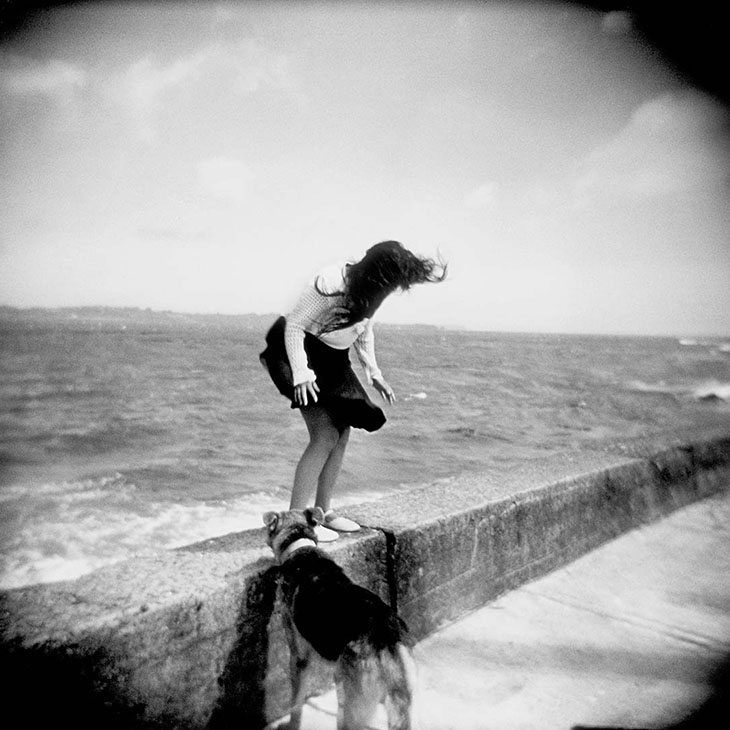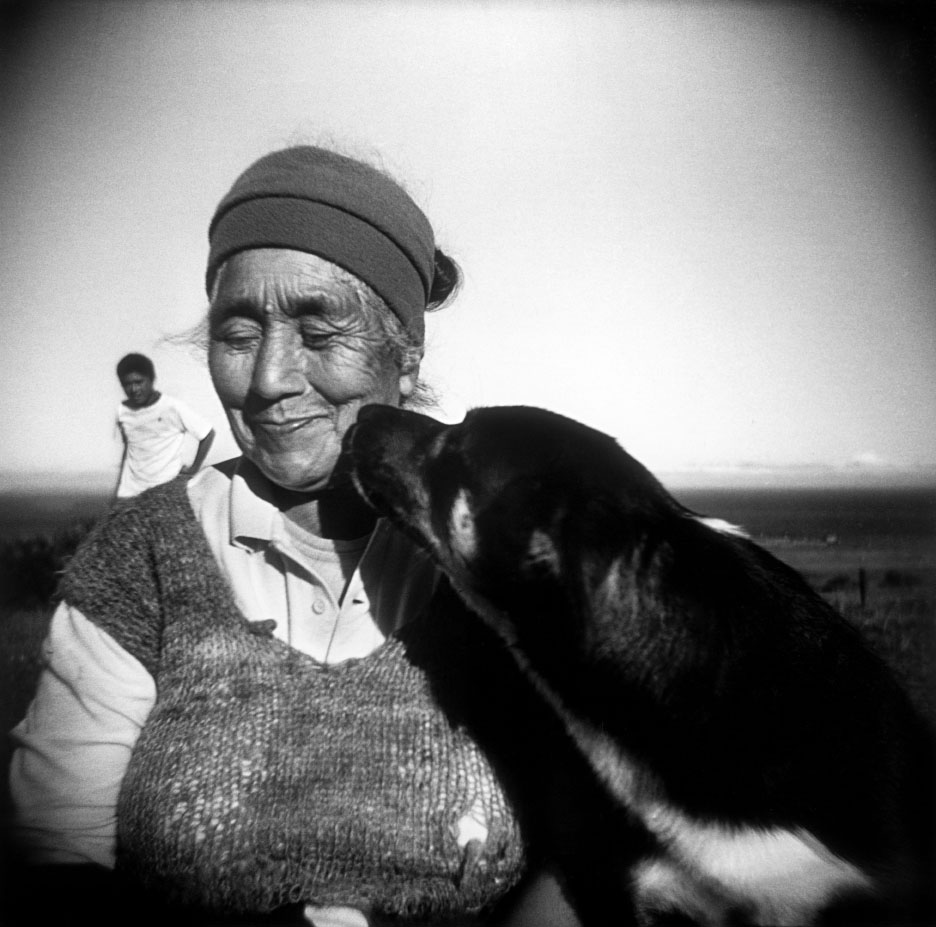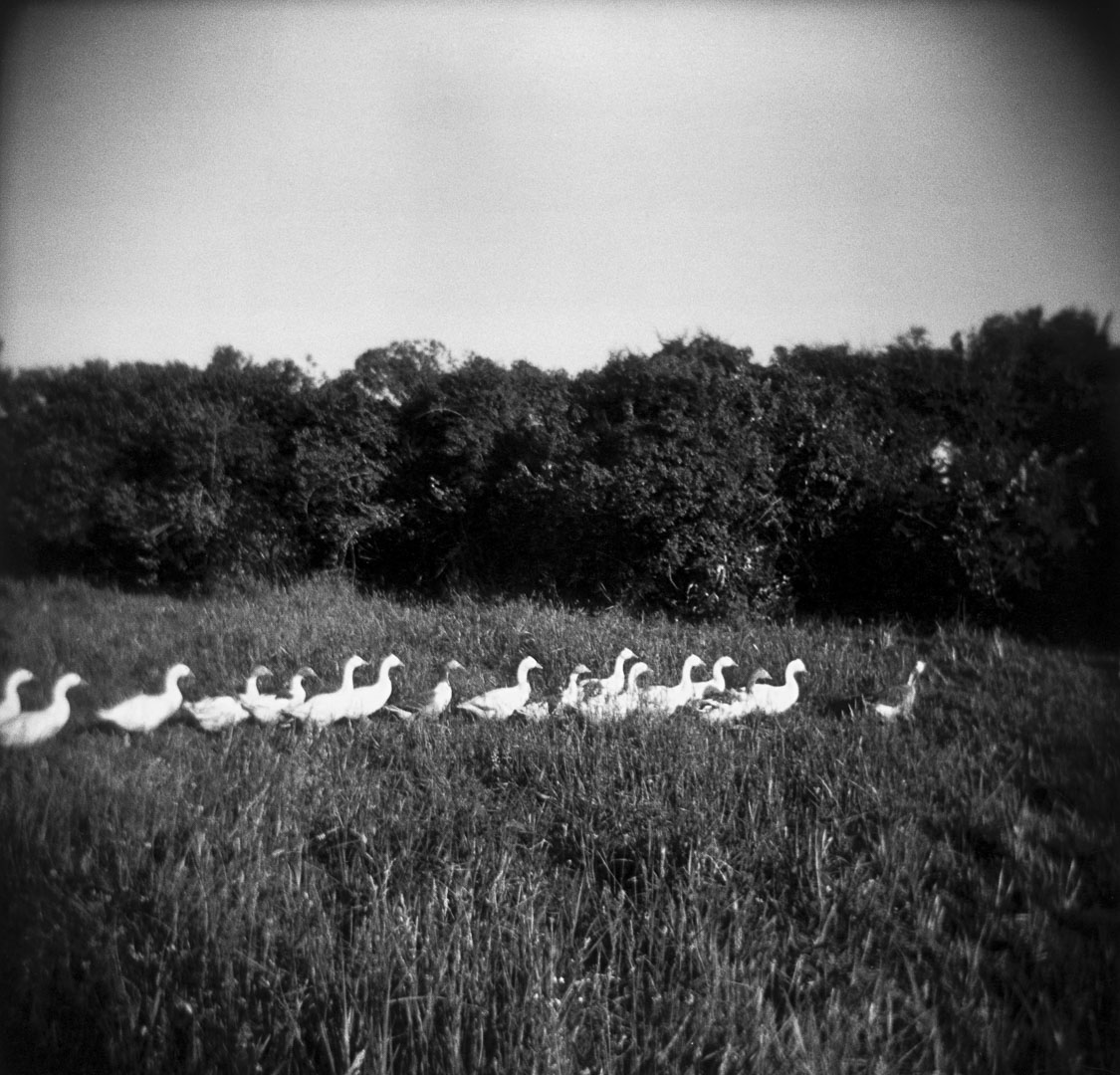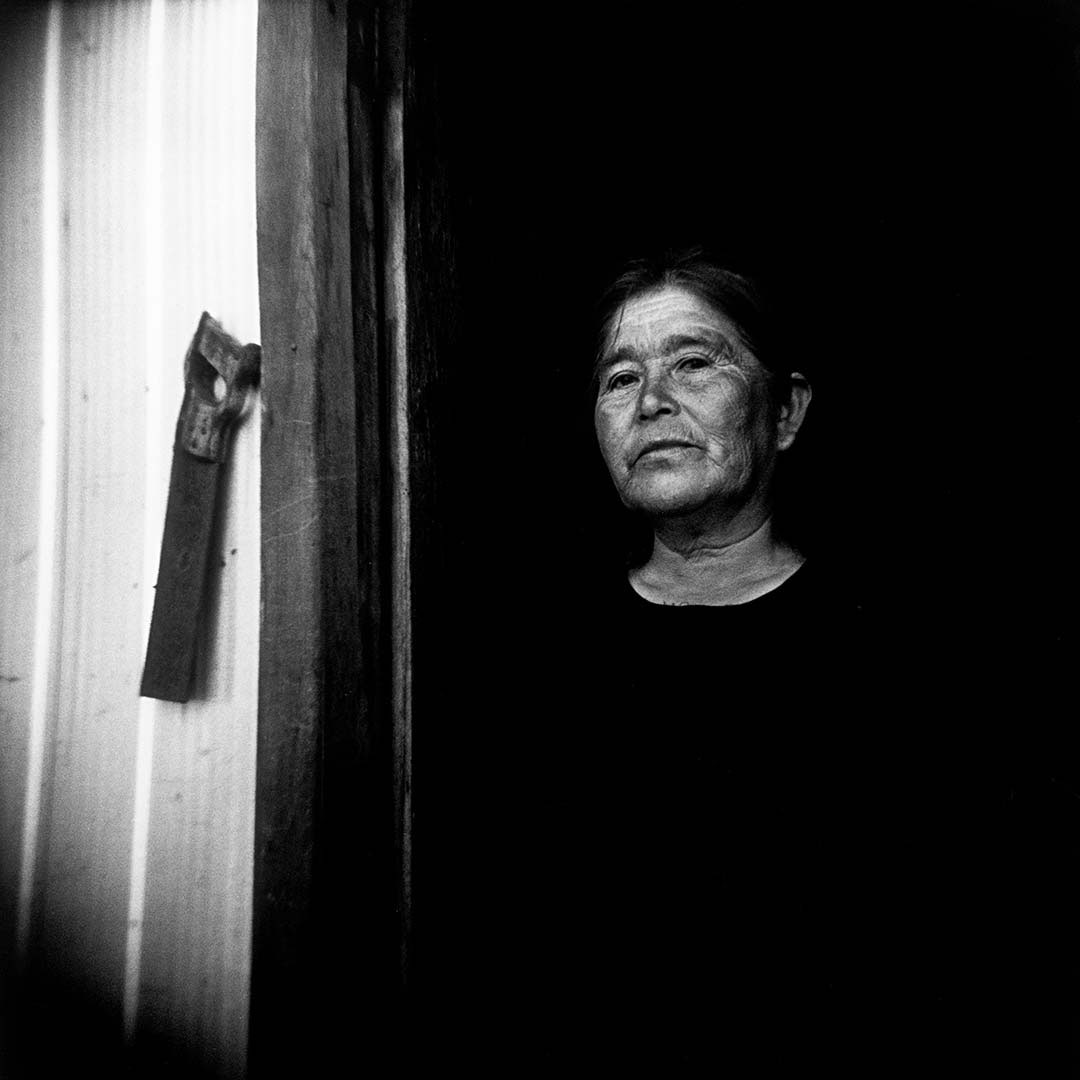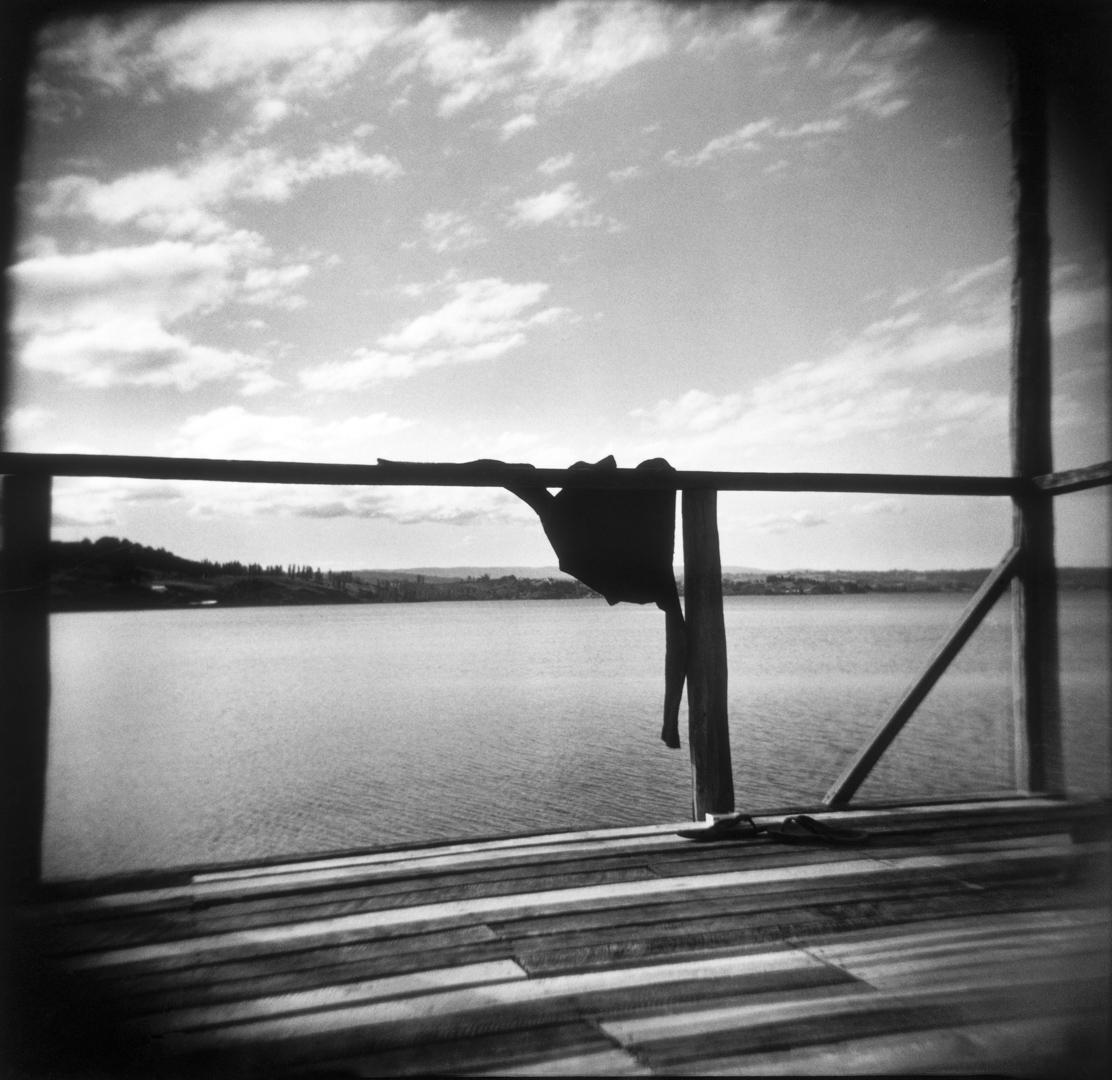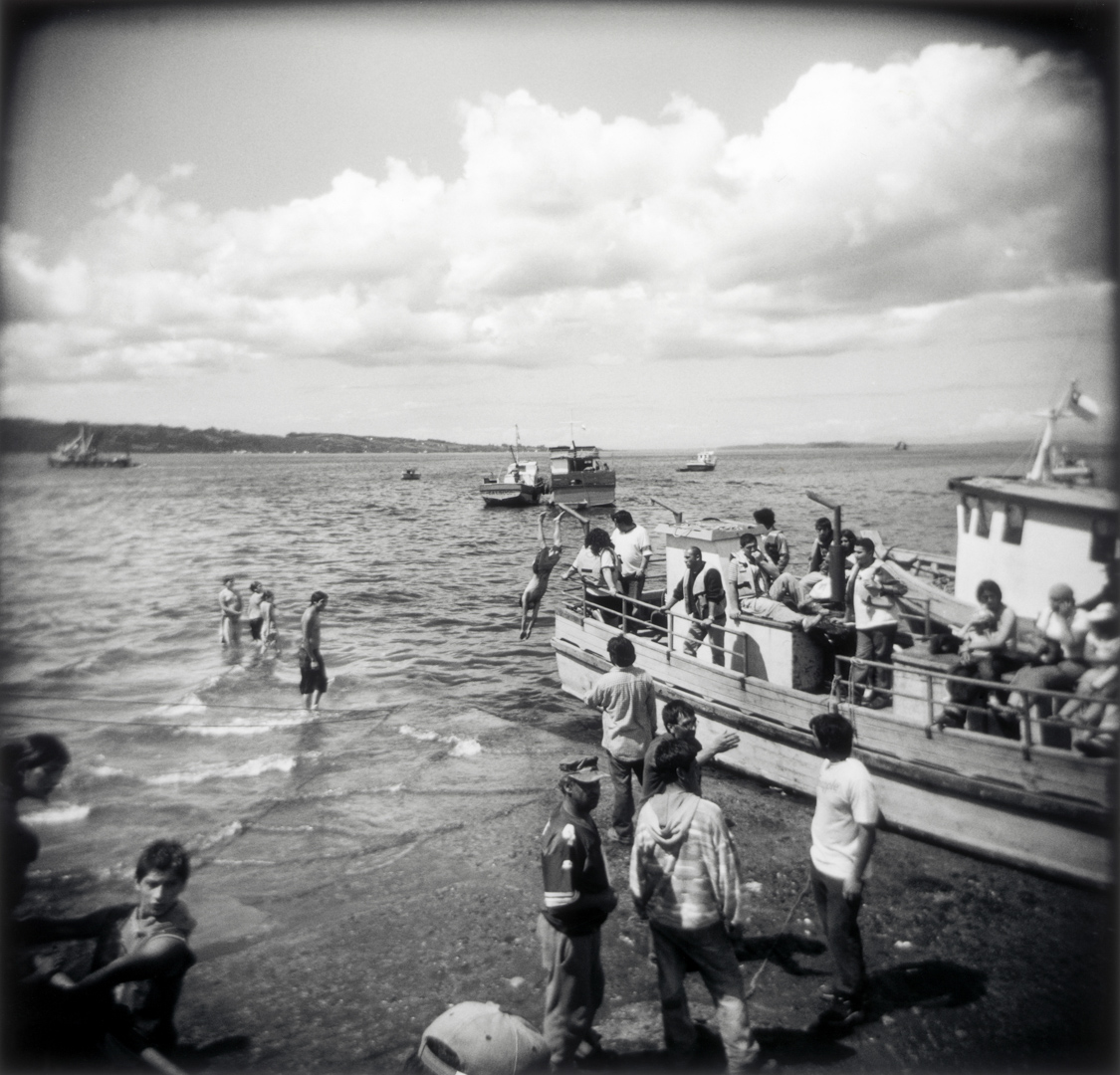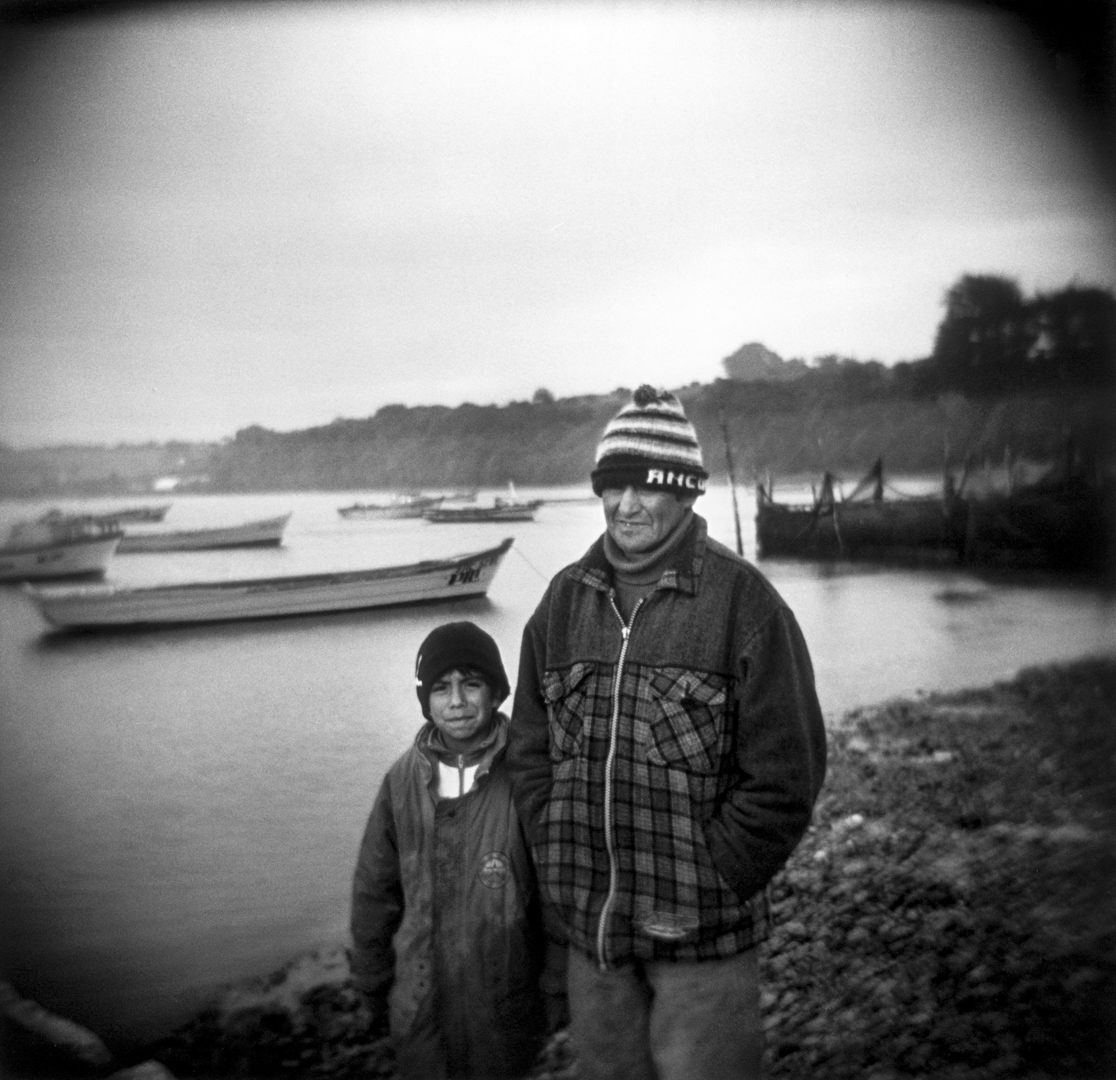Brigitte Grignet — Chiloé
Exhibition from 06 January to 1 March 2023
Théâtre La passerelle
137 boulevard Georges Pompidou, 05000 Gap
Opening on Friday 06 January 2023 at 7pm
“Over the past 20 years, I’ve been on countless boats, planes and buses. Some I have missed. My camera has always been with me. Photography helps me confront the world, and others. When I look at my images, they sometimes seem to emanate from dreams. But they tell me that one day I stood there, and these fragments of life are mine. I have this irresistible urge to escape to the edges of the world. Places where time is still and people still follow an ancestral way of life. Every day you see and hear so many things. It is as if a story is being told to us, never finished, with a thousand and one details. Suddenly, it’s a surprise. One thing like another, an emotion. Life has moved, and the astonishment is there. In these moments of acute awareness, the world seems a new place. The images seem to create a universe of their own. In the solitude of these moments, deeply anchored in the present, I am more aware than ever that today will never happen again.” – Brigitte Grignet
It is in this personal vein that Brigitte describes so well that she carries out her photographic work. This is the case of Chiloé-La Cruz del Sur, the first series presented in this exhibition, which is completed by Present Perfect, a selection of photographs from her various travels.
“Chileans used to have a saying: “En Chile no pasa nada – In Chile, nothing happens”. Chile was then a postcard sent from the end of the world, a country with a strange shape, the success story of South America. Then Pinochet came along. Today, the country is still trying to reconcile itself with its past, while modernising.
Chiloé is an archipelago 1,100 km south of Santiago. Its isolation has created a strong sense of identity and community. The island has developed its own mythology and culture, reflecting the constant struggle with water and land. Change has always come slowly to these lands but with new technologies, tourism and salmon farming, the Chilotes are slowly seeing their way of life and relationships change.
My adopted family lives on Meulin, an island with no electricity, no hot water and no doctor. After primary school, the children have to go to boarding school on the neighbouring island. The people survive on a small amount of animal farming and agriculture, collecting seaweed. Foreign salmoneras (salmon farms) pollute the water and the fishermen struggle to survive. The young people go to Puerto Montt.
These are the stories of an island that believes in ghost ships, witches, God and the importance of community. A land of rainbows and potatoes. A place where church bells help fishermen get home.” Brigitte Grignet
